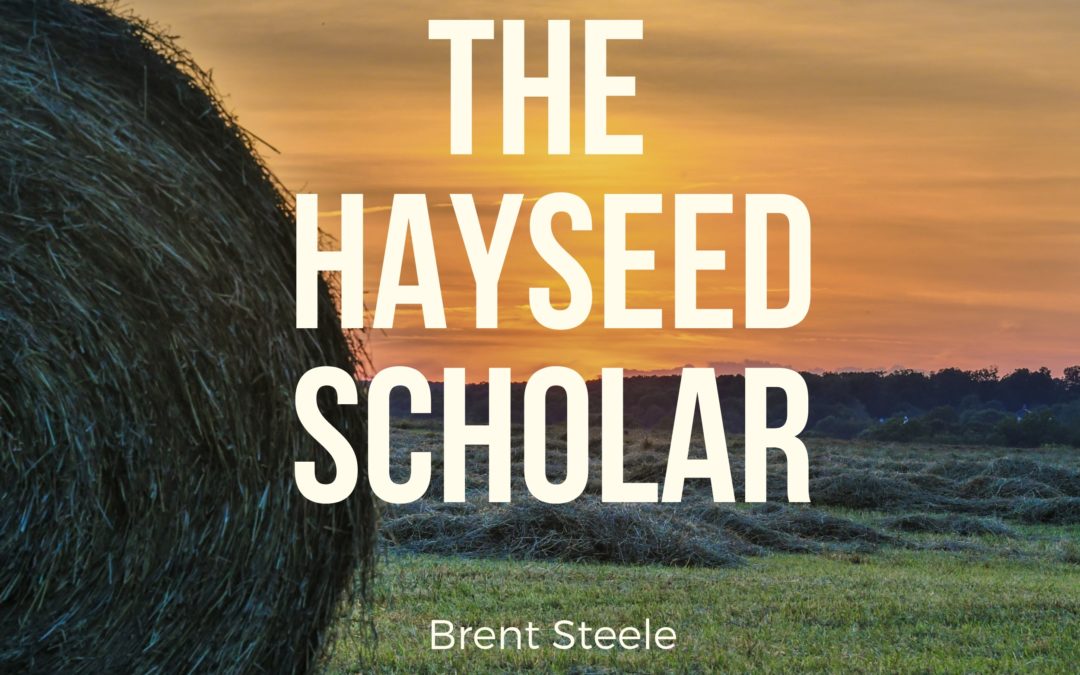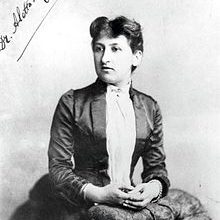Professor Helen Kinsella joins the Hayseed Scholar podcast. Professor Kinsella grew up in Ithaca, New York, and she reflects on what that was like, plus a reluctance or indifference to going to college. She eventually chose Bryn Mawr and she talks about what an ...




